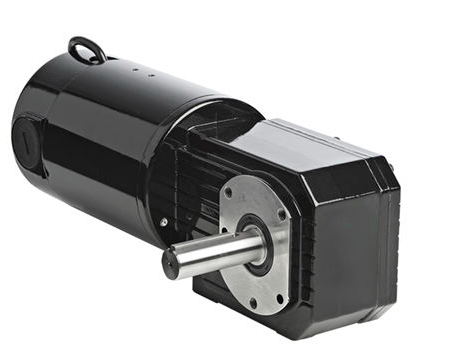Introduction:
In the world of marine propulsion, reliability and efficiency are paramount. Outboard motors, particularly 2-stroke models, have long been favored for their simplicity, power, and ease of maintenance. Today, we delve into the realm of 2-stroke outboard motors, exploring their performance and functionality in detail.
Functionality:
The functionality of a 2-stroke outboard motor encompasses several key aspects that contribute to its efficiency and effectiveness on the water.
Power Delivery:
A 2-stroke outboard motor operates on a two-stroke cycle, wherein the combustion process occurs in two phases: compression and power. This design results in a more direct power delivery compared to 4-stroke motors, as there is a power stroke for every revolution of the crankshaft.
Lightweight Design:
One notable feature of 2-stroke outboard motors is their lightweight design. This characteristic is achieved through the elimination of certain components found in 4-stroke motors, such as valves and camshafts. The reduced weight not only improves the power-to-weight ratio but also enhances maneuverability and fuel efficiency.
Simple Maintenance:
Simplicity is a hallmark of 2-stroke outboard motors when it comes to maintenance. With fewer moving parts and no complex valve train, routine maintenance tasks such as spark plug replacement and gear oil changes are straightforward and can often be performed by the boat owner with basic tools.
Instant Power:
Due to their design, 2-stroke outboard motors offer instantaneous power when the throttle is engaged. This responsiveness is particularly advantageous in situations requiring quick acceleration, such as towing or navigating through rough waters.
Versatile Application:
2-stroke outboard motors are highly versatile and can be used across a wide range of watercraft, from small fishing boats to larger vessels. Their compact size and adaptable mounting options make them suitable for various marine applications.
Performance:
When it comes to performance, 2-stroke outboard motors excel in several key areas that cater to the needs of boaters and anglers alike.
Acceleration:
The inherent design of 2-stroke outboard motors allows for rapid acceleration, making them ideal for activities such as water skiing or wakeboarding where quick bursts of speed are required.
Fuel Efficiency:
Contrary to common belief, 2-stroke outboard motors can be fuel-efficient when operated within their good RPM range. Properly tuned and maintained motors can deliver impressive fuel economy, especially in comparison to older, less efficient models.
Reliability:
Despite their simplicity, 2-stroke outboard motors are known for their reliability when maintained properly. Regular servicing and adherence to manufacturer recommendations can ensure years of trouble-free operation.
Environmental Impact:
While 2-stroke outboard motors have historically been associated with higher emissions compared to their 4-stroke counterparts, advancements in technology have led to the development of cleaner-burning 2-stroke engines that meet stringent environmental regulations.
Conclusion:
In conclusion, 2-stroke outboard motors offer a compelling blend of performance, efficiency, and reliability for boaters and anglers alike. With their lightweight design, instant power delivery, and versatile application, they continue to be a popular choice for marine propulsion. As technology continues to evolve, we can expect further enhancements in the efficiency and environmental sustainability of 2-stroke outboard motors, ensuring their continued relevance in the world of recreational boating and beyond.


